This has been proved by the attitude of reserve shown in communications about the case, creating an atmosphere of mystery about the talks going on for fifteen years. There has been no definite result of the work of the special committee, either, which was set up by Chancellor Gerhard Schröder and Prime Minister Péter Medgyessy in 2003. The talks conducted last week between Franz-Walter Steinmeier, head of the German Chancellery, and his Hungarian colleague, Péter Kiss refer to the fact that the patience of Berlin is wearing thin. One of the MPs of the German parliament requesting anonimity because of the lack of an official standpoint said to Magyar Nemzet the Hungarian partner had been asking for patience from the beginning. The Hungarian Central Bank was very cooperative but they claim no documents remained to trace back money transfers of this kind. The Germans find suspicious, however, that no one wishes to know about the operation of the Hungarian Central Financial Institution (Pénzintézeti Központ) working between 1945 and 1990 and its strings to the CD Bank in Vienna. According to German experts the Central Financial Institution played a role similar to that of Kommerzielle Koordinierung (KoKo) in East Berlin led by Schalck-Golodkowski, high-ranking officer of the state security service which directed the work of the companies of the German Democratic Republic in the West and coordinated the financial operations in hard currency. Probably the Hungarian Socialist Party operated in a similar way, and a part of its property was transferred to Western banks. The German source claims they have been promised that the new government in 2006 led by Fidesz will remedy this untenable attitude of the Hungarian partner.
Translated by Péter Szentmihályi Szabó
Szijjártó Péter helyretette az ukrán külügyminisztert
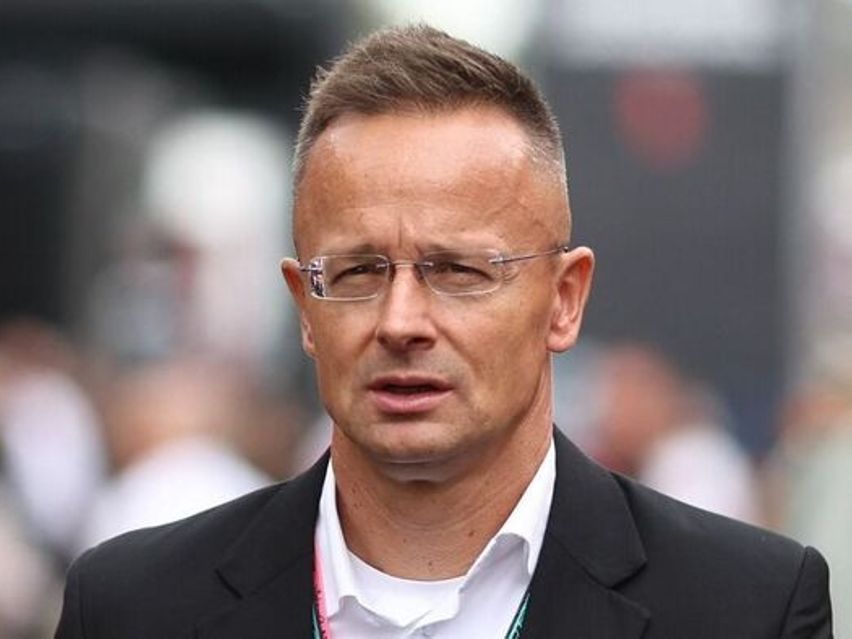

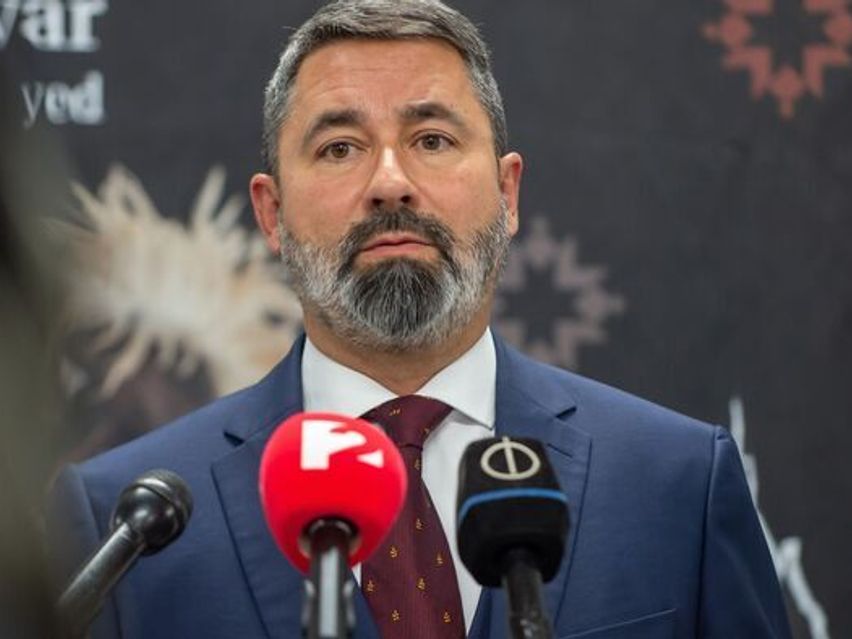
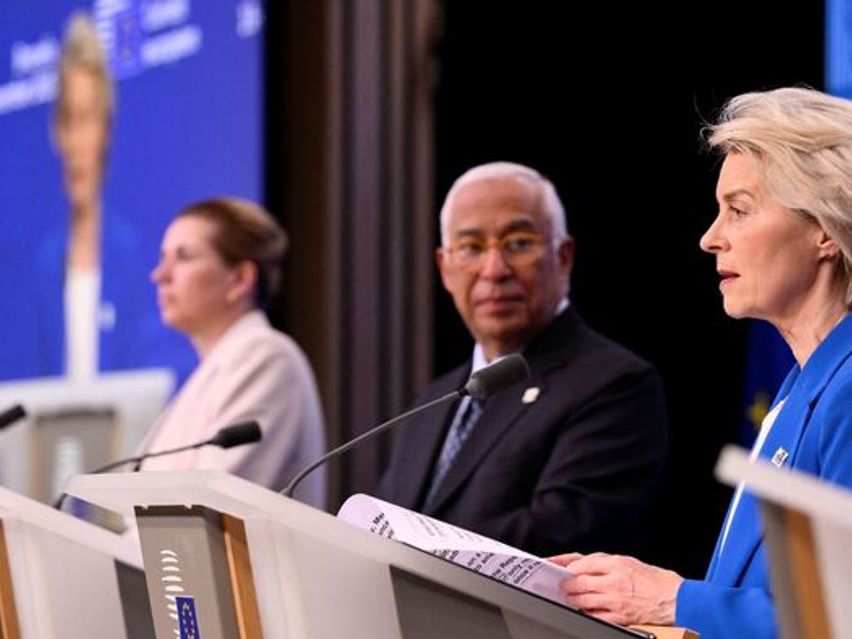


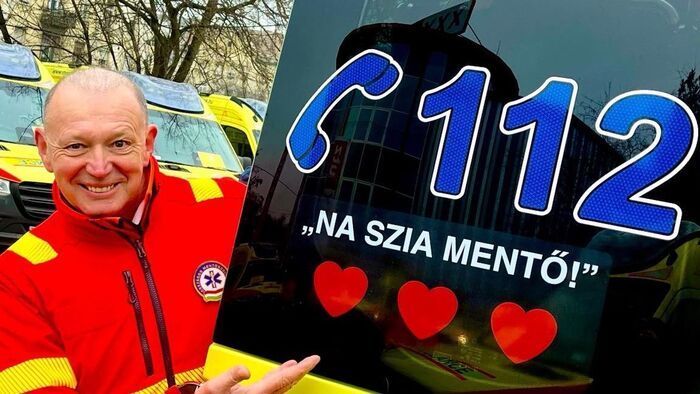

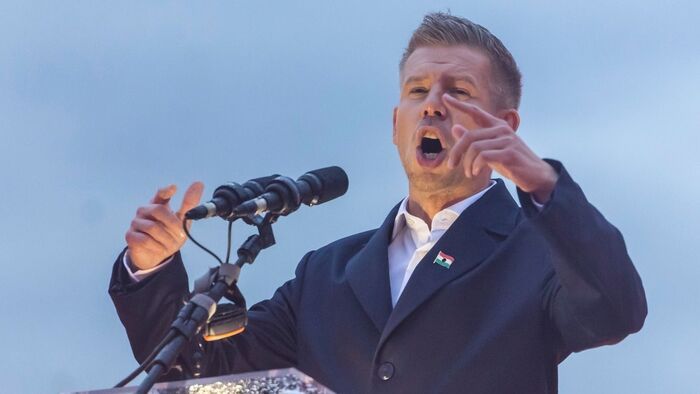

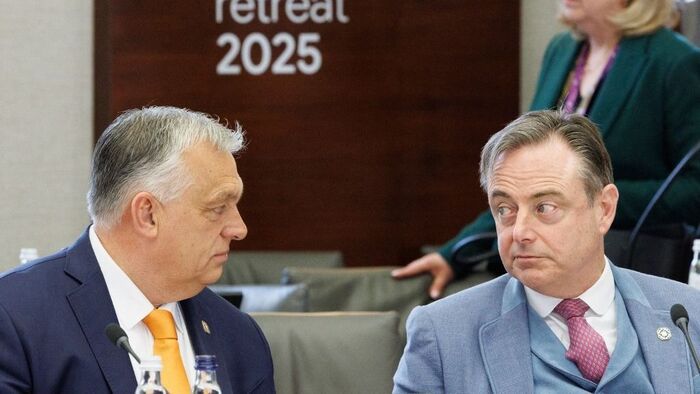
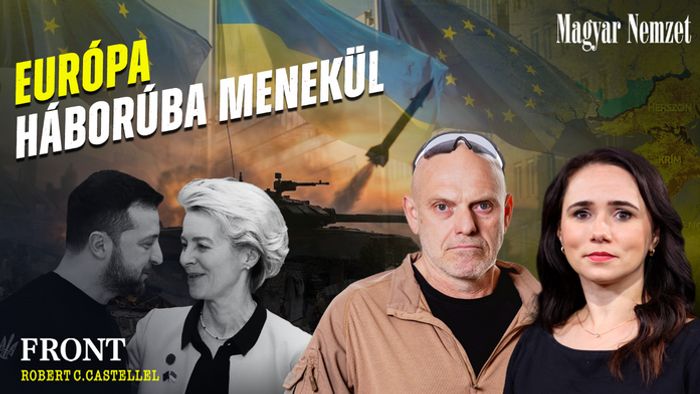
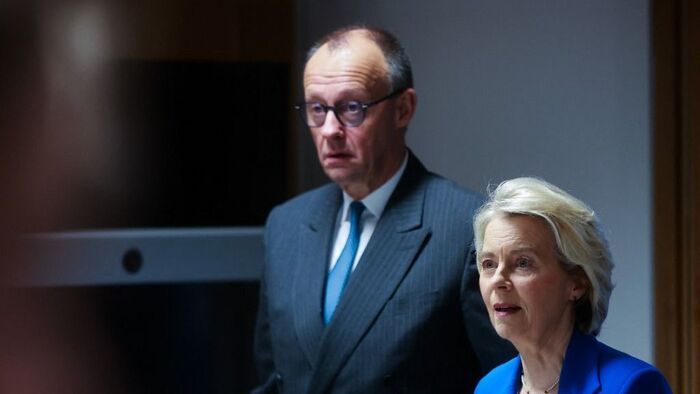

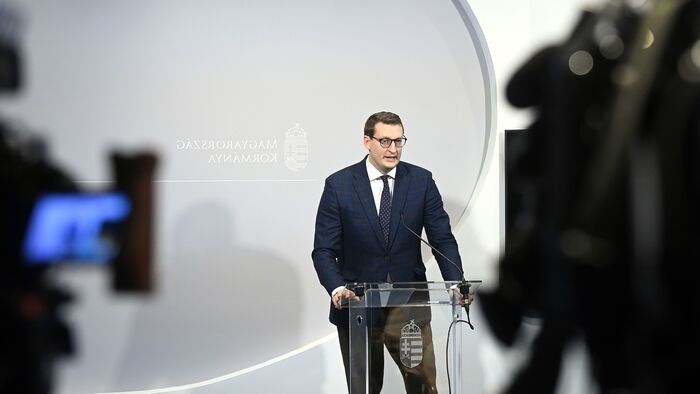
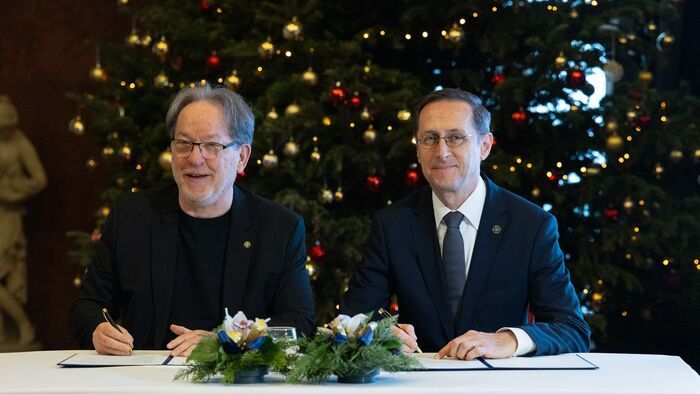


Szóljon hozzá!
Jelenleg csak a hozzászólások egy kis részét látja. Hozzászóláshoz és a további kommentek megtekintéséhez lépjen be, vagy regisztráljon!